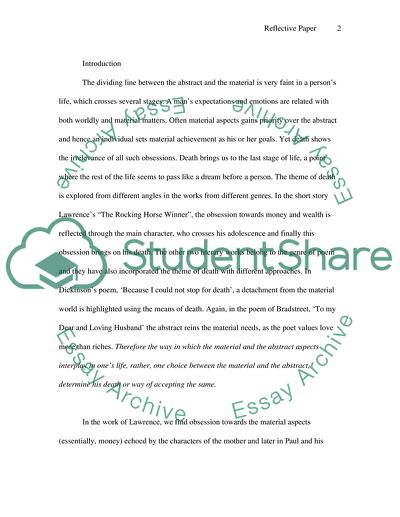Cite this document
(Analysis of Two Genres of Literature Research Paper, n.d.)
Analysis of Two Genres of Literature Research Paper. Retrieved from https://studentshare.org/literature/1744701-reflective-paper
Analysis of Two Genres of Literature Research Paper. Retrieved from https://studentshare.org/literature/1744701-reflective-paper
(Analysis of Two Genres of Literature Research Paper)
Analysis of Two Genres of Literature Research Paper. https://studentshare.org/literature/1744701-reflective-paper.
Analysis of Two Genres of Literature Research Paper. https://studentshare.org/literature/1744701-reflective-paper.
“Analysis of Two Genres of Literature Research Paper”, n.d. https://studentshare.org/literature/1744701-reflective-paper.


